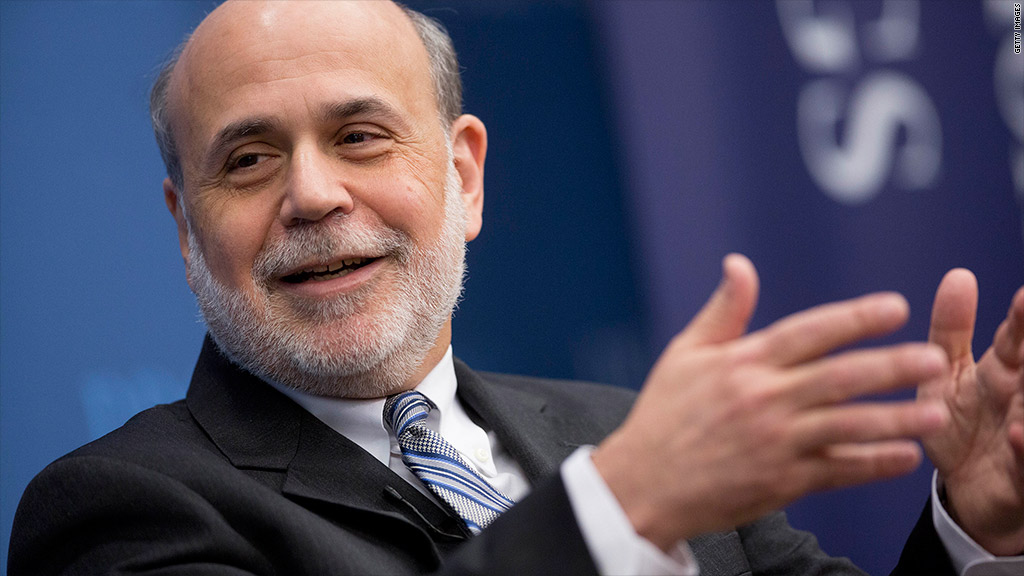
It's super Mario again!
Two years after European Central Bank President Mario Draghi promised to do what it takes to save the euro, he's on the offensive again to avert a new crisis.
Following words of warning in Jackson Hole, Wyo. last month, Draghi said the ECB had cut its main interest rate for a second time this year -- to just 0.05% -- and would buy loans and mortgages to stimulate the economy.
The ECB also took its deposit rate deeper into negative territory -- hoping to spur lending by charging banks even more for reserves they stash with the central bank.
Draghi said the ECB would start buying bundles of securities in October. He said it was impossible at this stage to put a value on the purchases.
Growing risks that the eurozone could sink into a vicious circle of economic stagnation and falling prices sparked the bank's second dramatic intervention since June.
The measures are designed to breathe life into Europe's faltering economy by making it easier and cheaper for companies and households to borrow money. Banks will effectively be given money, then penalized if they hoard it.
And by making the euro less attractive -- it plunged by 1.4% to a 13-month low against the dollar -- the ECB is bringing relief to European exporters and making imports more expensive, helping contain the risk of deflation.
But divisions among the central bank's directors prevented it going one step further and embarking on a Federal Reserve-style program of quantitative easing.
"We discussed QE. Some of our governing council members were in favor of doing more, some were in favor of doing less," Draghi told reporters.
A fragile recovery in the eurozone has been snuffed out by the crisis in Ukraine, which has hurt trade with Russia and damaged business confidence, as well as a feeble performance by big economies such as Italy and France.
The ECB cut its forecast for eurozone growth this year to 0.9%. And it now expects annual inflation of just 0.6%, compared with a target of near 2%.
Eurozone inflation fell to 0.3% last month, its lowest level since October 2009. Falling prices could further depress activity by prompting consumers and firms to postpone purchases or investments.
Draghi said the ECB still had the option of launching quantitative easing if necessary, but the bank needed European governments to play ball too.
Existing EU budget rules were flexible enough to allow some EU states to do more to support growth and jobs, and reform their economies, he said.


